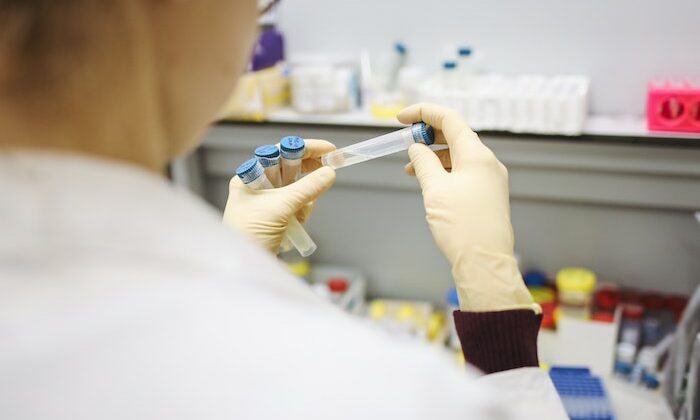Harvard University, one of the world’s best and richest higher education institutions, will receive $8.6 million in government aid to help it cope with Covid-19, despite having a $41 billion war chest.
The Harvard Crimson, the university’s student newspaper, shared news of the federal aid, which is intended to stop businesses from collapsing amid the ongoing global health crisis, via its Twitter account on 15 April: "Harvard University will receive nearly $9 million in aid from the federal government through the Coronavirus Aid, Relief, and Economic Security Act, the Department of Education announced last week."
The $8,655,748 of federal funds are part of a larger $14 billion stimulus package allocated to colleges and universities in the CARES Act, a $2 trillion relief bill passed by US Congress to help struggling American citizens and business owners withstand the coronavirus pandemic. The virus has shut down large swathes of global economies, resulting in record-high unemployment levels and high numbers of insolvencies.
The aid allocated to Harvard has been granted on the condition that half of the funds are reserved to pay “for emergency financial aid grants to students”, according to The Harvard Crimson.
Financial reports filed by the Harvard Management Company, which manages the university’s endowment fund and employs several eminent ex-Wall Streeters, show that the endowment’s value increased to $40.9 billion in 2019 from $39.2 billion the year prior. The fund returned 6.5% over that period, on investments in private equity funds, venture capital, stocks and bonds, among other asset classes.
Harvard University ended 2019 with an operating surplus of $298 million – raising questions around why a well-capitalised institution needs to take nearly $9 million from taxpayers. It is unclear whether the university has accepted the funds.
But, on its website, Harvard explains that much of the cash in its endowment is locked into “leading financial aid programmes, scientific research discoveries, and hundreds of professorships”, suggesting its assets are relatively illiquid and cannot be tapped like a bank account.
“There is a common misconception that endowments, including Harvard's, can be accessed like bank accounts, used for anything at any time as long as funds are available”, the website reads. “In reality, Harvard's flexibility in spending from the endowment is limited by the fact that it must be maintained in perpetuity and that it is largely restricted.
"Harvard is obligated to preserve the purchasing power of these gifts by spending only a small fraction of their value each year. Spending significantly more than that over time, for whatever reason, would privilege the present over the future in a manner inconsistent with an endowment's fundamental purpose of maintaining intergenerational equity.”
A spokesperson for Harvard University reportedly told Newsweek in an email: "Like nearly all sectors of the economy, higher education has experienced significant disruption due to the coronavirus pandemic; most immediately with our efforts to reduce the population on our campuses, move classes online, and shutter most research labs, while at the same time, working to support staff and our local communities, as well as rapidly escalate our research around treatments, diagnostics and vaccines for Covid-19.”





